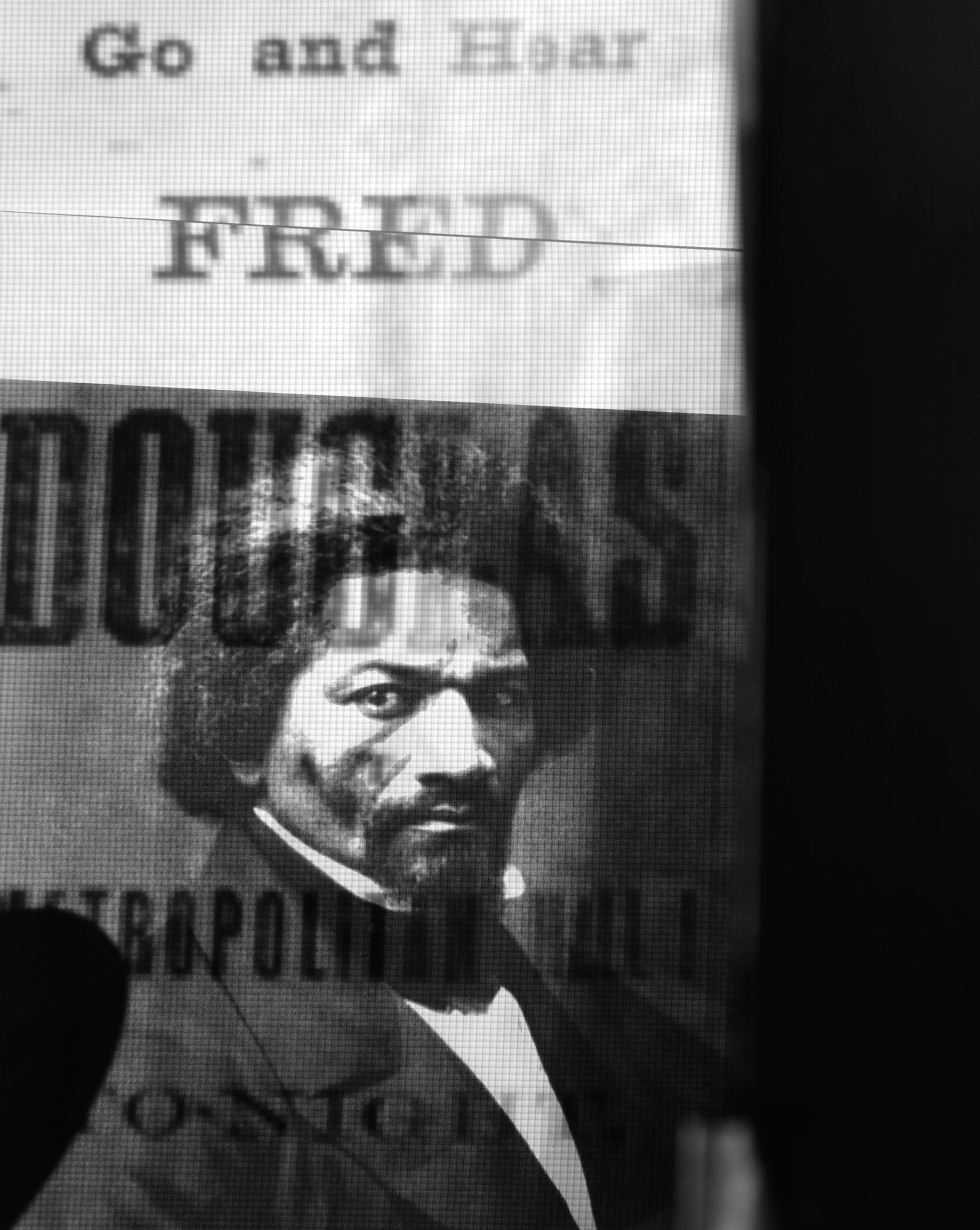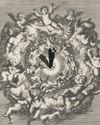
In his third autobiography, Life and Times of Frederick Douglass, while reflecting on the end of the Civil War, Douglass admitted that "a strange and, perhaps, perverse feeling came over me." Great joy over the ending of slavery, he wrote, was at times "tinged with a feeling of sadness. I felt I had reached the end of the noblest and best part of my life; my school was broken up, my church disbanded, and the beloved congregation dispersed, never to come together again.” In recalling the postwar years, Douglass drew from a scene in a Shakespearean tragedy to express his memory of that moment: "Othello's occupation was gone.' In Othello, Douglass perceived a character, the former high-ranking general and "moor of Venice," who had lost authority and professional purpose. Douglass harbored a special affinity for this most famous Black character in Western literature, whose mental collapse and horrible end lingered as a warning in a famous speech: "O, now, for ever / Farewell the tranquil mind! Farewell content!"
In 1866, Douglass took up his pen to try to capture this mome of transformation, both for himself and for the United States. For the December issue of this magazine that year, in an essay simply titled "Reconstruction," Douglass observed that "questions of vast moment" lay before Congress and the nation. Nothing less than the essential results of the "tremendous war," he writes, were at stake. Would the war become "a miserable failure ... a scandalous and shocking waste of blood and treasure," or a "victory over treason," resulting in a newly reimagined nation "delivered from all contradictions and based loyalty, liberty, and equality"? In this inquiry, Douglass's new role as a conscience of the country became clarified. His leadership had always been through words and persuasion, written and oratorical. How, now that the war was over, would he employ his incomparable voice?
This story is from the December 2023 edition of The Atlantic.
Start your 7-day Magzter GOLD free trial to access thousands of curated premium stories, and 9,000+ magazines and newspapers.
Already a subscriber ? Sign In
This story is from the December 2023 edition of The Atlantic.
Start your 7-day Magzter GOLD free trial to access thousands of curated premium stories, and 9,000+ magazines and newspapers.
Already a subscriber? Sign In

Apocalypse, Constantly
Humans love to imagine their own demise.

A Palestinian American Sex and the City
Betty Shamieh's debut novel is a rebellious rom-com.

Modi's Failure
Why India is losing faith in its strongman leader

The Anti-Social Century
Americans are now spending more time alone than ever. It's changing our personalities, our politics, and even our relationship to reality.

The Wild Charity of Saint Francis
The guide we need, now that kindness is countercultural

Where Han Kang's Nightmares Come From
In her novels, the South Korean Nobel laureate returns again and again to her countrys bloody past.

TROPHY HUNTERS
A GROUP OF CHILDHOOD FRIENDS PULLED OFF A STRING OF THE MOST AUDACIOUS SPORTS-MEMORABILIA HEISTS IN AMERICAN HISTORY. THEN THEY DID SOMETHING REALLY CRAZY.

THE NEW RASPUTINS
Anti-science mysticism is enabling autocracy around the globe.

ARMY OF GOD
AMERICAN CHRISTIANS ARE EMBRACING A CHARISMATIC MOVEMENT KNOWN AS THE NEW APOSTOLIC REFORMATION, WHICH SEEKS TO DESTROY THE SECULAR STATE. Now THEIR WAR BEGINS.

WHAT NOT TO WEAR
The false promise of seasonal-color analysis